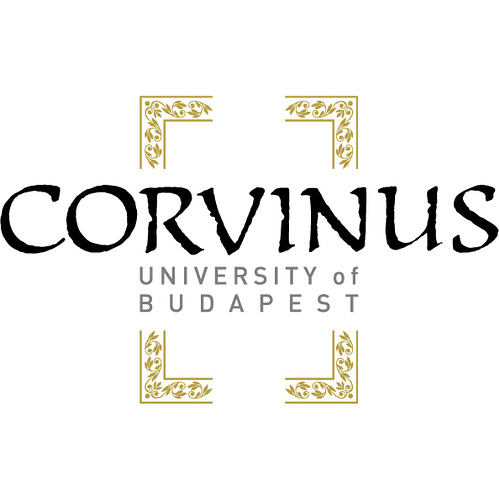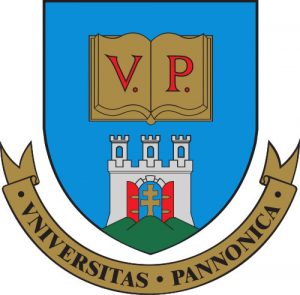To reach the goals defined and specific professional commitments, a wide range of staff members are working on 19 subprojects within 3 strategic fields.
Depending on the specific task, the work is carried out independently at an institutional level, or in close cooperation with the consortium.
I. Identifying the factors that defining regional success and competitiveness, modeling
I.1. Regional innovation systems
I.2. Regional research of companies: Regional corporate ecosystem and corporate competitiveness of city-regions in Hungary
I.3. Researching the regional economic effects of University of Pécs
I.4. Researching corporate innovation and capacity of companies in the Pécs region
I.5. Further development of GMR-type model of Hungary and conducting alternative development policy impact analyzes in the Pécs region
I.6. Relationship between universities and innovative organisations, the impact of the universities on innovation, university rankings based on the presence of innovation
II. Social and environmental sustainability model in the management of the natural and cultural heritage
II.1. Tourism mobility around the Lake Balaton – mapping the characteristics of visitors/tourists
II.2. Aspects of the quality of life by the Lake Balaton as a living space
II.3. Regulating the heritage protection, operational methods of heritage management – international research
II.4. Exploring the touristic institutional system with an outlook to international systems
II.5. Exploring and developing opportunities of local values in Veszprém county and the Balaton region
II.6. Innovation power, supply and demand of local products in the South Transdanubian Region, and their utilization in tourism
II.7. Trademark system of local products with a national and international comparison
II.8. Knowledge-based networking technologies among wine and gastro SMEs in Balaton region
III. Social innovation
III.1. Mortality modelling: stochastic methods and computer solutions
III.2. Regional analysis of the characteristics of prosperity, the expectations of young employees against the future workplace
III.3. Mobility in the labour market, social innovations to increase the prosperity in the labour market
III.4. The impact of demographic changes on rural employment, comparing to the international trends
III.5. Social innovation network through generations
III.6. Monitoring the environmental and social responsibility among touristic service providers




